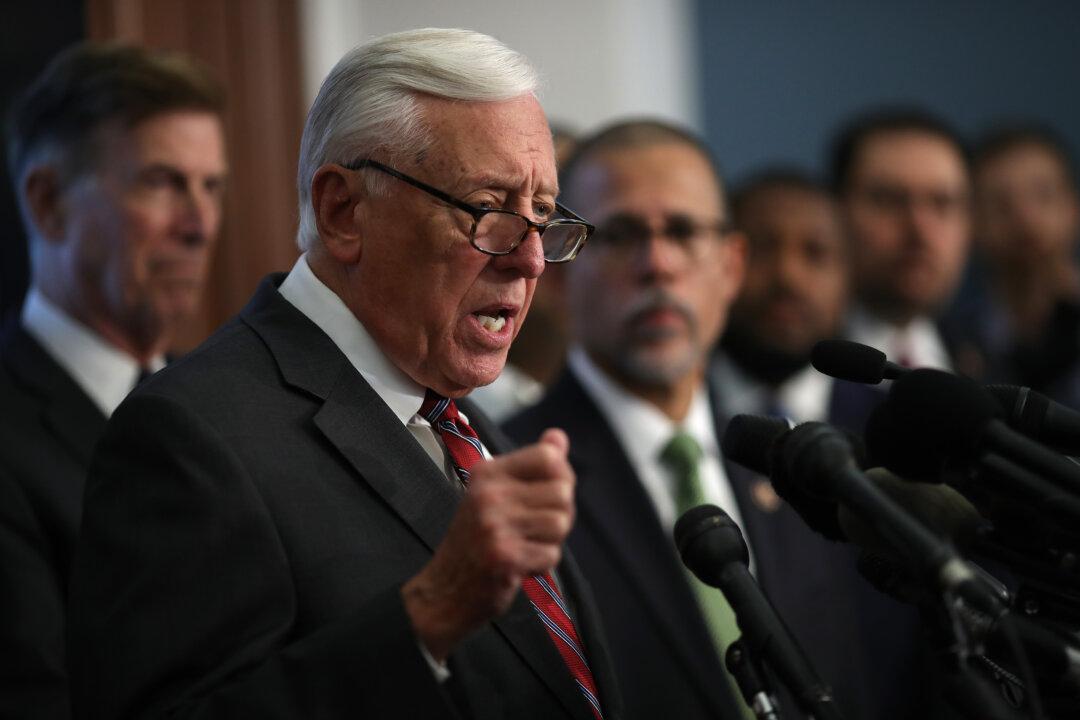WASHINGTON—Congress missed the Sept. 30 deadline for finalizing appropriations before the end of the fiscal year. The House then passed a continuing resolution on Sept. 19 which allows the government to be temporarily funded and continued negotiating the full budget. House Majority Leader Steny Hoyer (D-Md.) said on Wednesday at a press briefing that he hopes the government can pass the full budget for 2020 no later than Dec. 20.
On Sept. 26, the Senate passed a partial budget, including the Continuing Appropriations Act, 2020, and Health Extenders Act of 2019. This bill provided the fiscal year 2020 continuing appropriations to federal agencies through Nov. 21.





